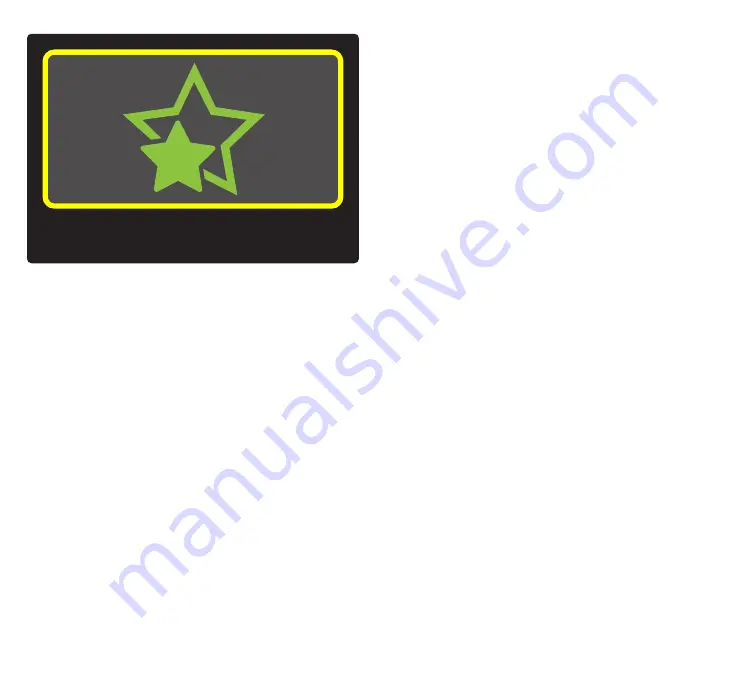
Tags & Codes
www.javad.com
92
Using ShapeTags and Codes
Using ShapeTags and Codes
Tags are used in J-Field to control connections between
collected points. Points collected with the same ShapeTag
name are connected together by a line or curve (as the user
has selected). Points collected with the same ShapeTag
name continue to be connected until the user ends the
line. Polylines can be ended open or closed back to the
first point. Once a ShapeTag is ended, it can be reused for
another Polyline collected later.
The benefit of using ShapeTags is especially evident in the
J-Field Auto Sequence. By building a list of ShapeTags to
be collected, J-Field can automatically switch from one
polyline to the next according to the user-defined list. This
is particularly beneficial to cross-section data collection.
Consider a cross-section of a road that has a ditch on either
side. The cross-section sequence would be Left Natural
Ground (LNG), Left Top Bank (LTB), Left Ditch Flow Line (LFL),
Left Edge of Pavement (LEP), Centerline (CL), Right Edge
of Pavement (REP), Right Ditch Flow Line (RFL), Right Top
Bank (RTB),Right Natural Ground (RNG). The Auto Sequence
would increment from one line to the next based on the
ShapeTags (LNG, LTB, LFL...RTB, RNG). Auto Sequence also
allows for reversing the sequence once complete (RNG, RTB,
RFL...LTB, LNG).
Codes are used in a unique way within J-Field. Codes are
designed by the user and function similarly to layers in
AutoCAD. Codes also carry default symbol types and default
attributes. The Code “Boundary” might contain a default
circle symbol, and the attributes “Type”, “Size”, “ID Cap”. Each
point collected with the Code “Boundary” will use the circle
symbol by default, and prompt for the attributes Type,
Size and ID Cap. Upon Export to dxf (drawing exchange
file) from J-Field, Codes can be used to define the layers
of the exported polylines. When creating a ShapeTag,
you must create its Code first. A Code may belong to
several ShapeTags. Codes provide a very powerful data
structure. When collecting standalone points, you can
also use ShapeTag, Code and other attributes to make
your data collection easy in the field and provide versatile
documentation.
Summary of Contents for TRIUMPH-LS
Page 1: ...U S E R S G U I D E TO T H E T R I U M P H L S E Version 20160121 ...
Page 17: ...www javad com 17 Introduction ...
Page 39: ...www javad com 39 Collect Screens ...
Page 59: ...www javad com 59 Stake Out Points ...
Page 91: ...www javad com 91 Stake Out Alignments ...
Page 93: ...www javad com 93 Using ShapeTags and Codes Data Structure ...
Page 105: ...www javad com 105 Using ShapeTags and Codes ...
Page 149: ...www javad com 149 Localization ...






























